
MARISS JANSONS CONDUCTS
Johannes Brahms, Leoš Janáček
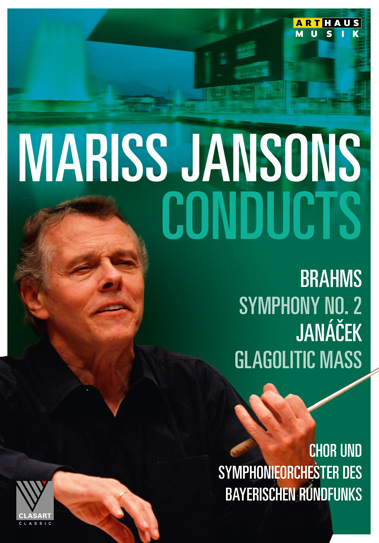




Johannes Brahms, Leoš Janáček
MARISS JANSONS CONDUCTS
2012
Soloists:
Tatiana Monogarova, Marina Prudenskaja, Ludovit Ludha
Orchestra, Chorus:
Symphonieorchester und Chor des Bayerischen Rundfunks
Conductor:
Mariss Jansons
A “star event” wrote The Guardian about the performance of Johannes Brahms’ “Second Symphony” with the Bavarian Radio Symphony Orchestra under Mariss Jansons. Recalling that this orchestra is now “among the leading ensembles in the world,” The Guardian asserted that “their style is generous, warm and big-hearted, their relationship with Jansons one of mutual adoration.” In 1926 Leoš Janáček wrote his contribution to liturgical settings in a language last spoken about a thousand years ago. With the “Glagolitic Mass” he wanted to emphasize the common bonds between the Slavic nations by writing the text in Old Church Slavonic, which used an alphabet devised by Saints Cyril and Methodius called “Glagolitic”. In this “blistering performance” (The Guardian) filmed at the Lucerne Easter Festival 2012, the Bavarian Radio Chorus complemented the instrumental ensemble of the Bavarian Radio Symphony Orchestra under Mariss Jansons to “give a compelling reading with an enormous breadth of dynamics and an impressive presence, and with the Slovak-Russian quartet guaranteeing idiomatic soli” (Neue Zürcher Zeitung).
Label:
Arthaus Musik
Genre:
Konzert
Running Time:
88
Picture Format:
16:9
Sound Format:
PCM Stereo / Dolby Digital 5.0
Number of Discs:
1
Region:
0
Subtitle Languages:
GB, DE, FR, KOR
EAN:
0807280168495
UPC:
807280168495
Blu-ray:
108080
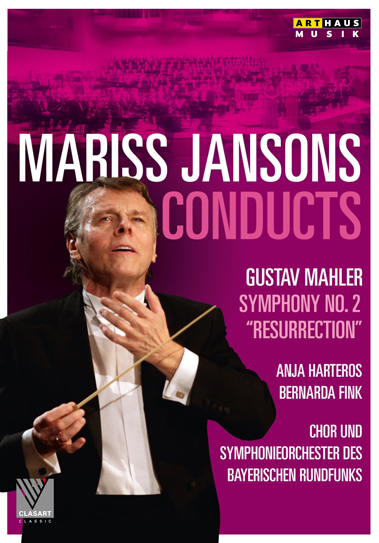
Gustav Mahler
Gustav Mahler’s gigantic “Symphony No. 2” in C minor usually fills out a concert on its own. But in this recording with the Symphonieorchester des Bayerischen Rundfunks (Bavarian Radio Symphony Orchestra) under its principal conductor Mariss Jansons, the work is introduced by an exquisite – and fitting – choral work: A contemporary(...)
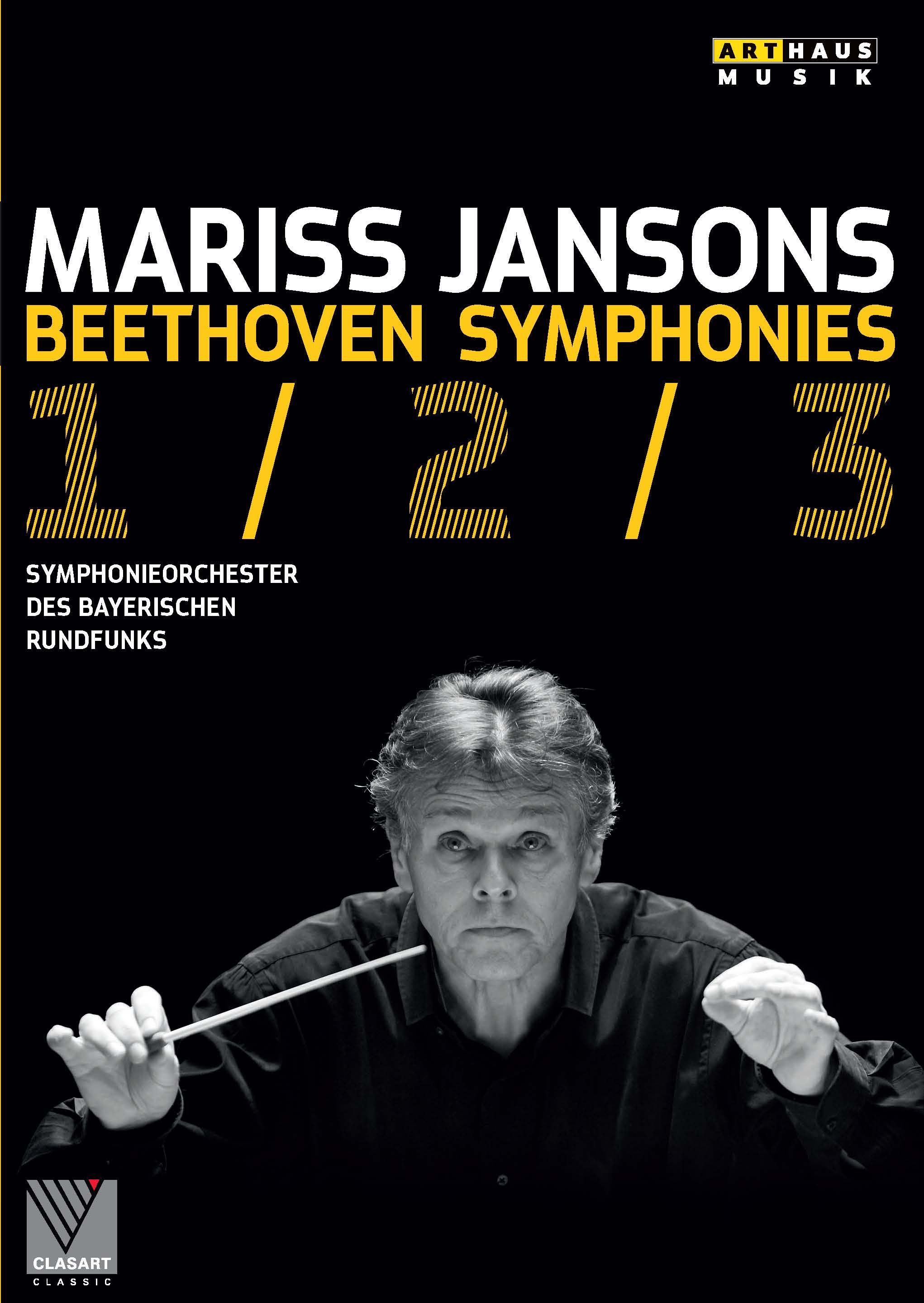
Ludwig van Beethoven
Ludwig van Beethoven was the first hero of bourgeois musical life. Although Joseph Haydn and Wolfgang Amadeus Mozart had already made the transition from the older feudal and ecclesiastical traditions to the new culture of public concerts, periodicals and amateur music-making, Beethoven was the fi rst composer to see himself as an artist who(...)









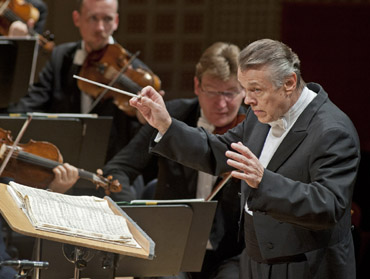
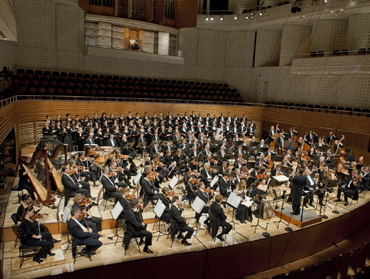
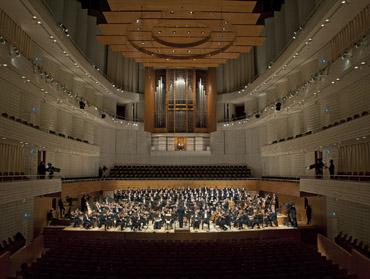
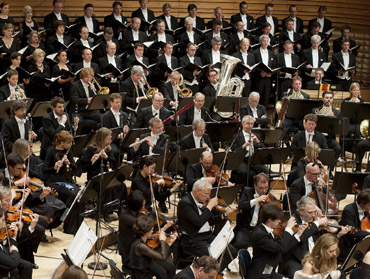
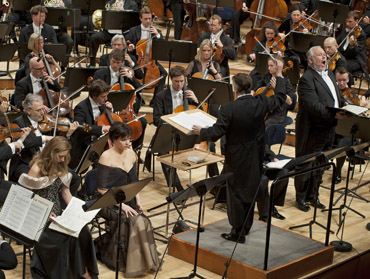
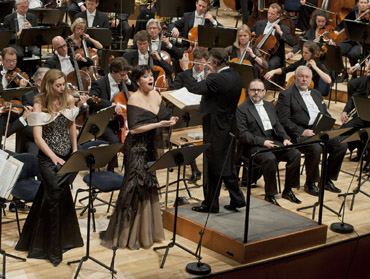
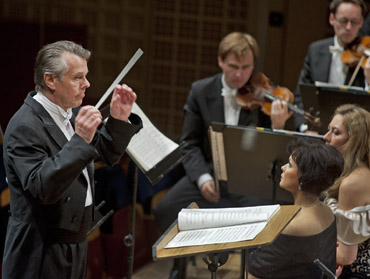
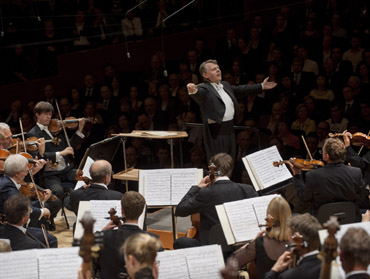
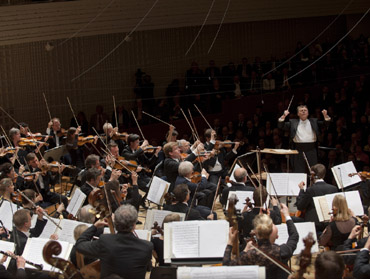
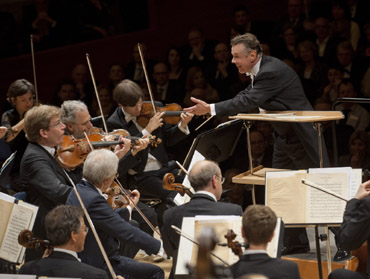

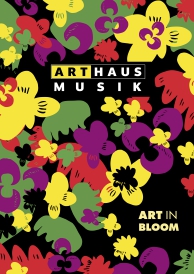 PDF Download (5,5 MB)
PDF Download (5,5 MB)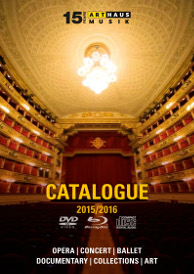 PDF Download (6,7 MB)
PDF Download (6,7 MB)